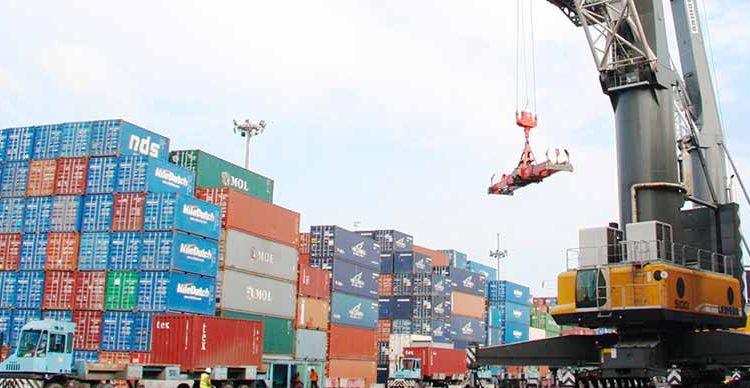The Nigeria Customs Service (NCS) has taken a step into full digitalisation with the launch of its Automated Overtime Cargo Clearance and Disposal System, a reform expected to end decades of congestion, paperwork, and corruption at Nigerian ports.
At a sensitisation workshop for stakeholders from Kano/Jigawa, Kaduna, Katsina, Kebbi, and Niger/Kogi commands, Comptroller General Bashir Adeniyi, represented by Controller Deborah Adeyemi of Zone B, said the initiative marks a turning point for trade facilitation in the country.
She explained that the new system introduces time-stamped online tracking, simplified digital applications without physical contact, strict accountability measures, faster clearance timelines, and real-time integration with Customs servers. “With this platform, you can manage consignments from your office or even on your mobile phone. No more endless letters, no more queues, and no more waiting in the dark. Every step is visible in real time,” Adeyemi assured.
According to her, the reform is not just about technology but about uprooting the culture of delay and opacity that has plagued Nigeria’s ports for decades. Backed by the NCS Act 2023, the system provides a legal framework for electronic processes, allowing cargoes that remain unclaimed after 120 days to be condemned and auctioned transparently.
Read also:
- Customs Warns Cargo Owners: Delayed clearance could lead to loss at Onne Port
- Babandede bows out as Onne Area 2 customs controller, Alkali steps in
- Nigeria’s private sector booms as Customs revenue hits ₦3.7 Trillion, Government pushes digital trade reform
Chief Superintendent of Customs A.A. Abdulkadir, in his presentation, said the digital system replaces the old manual method of handling overtime cargo, ensuring greater speed and accountability.
The Kano State Chairman of the Association of Clearing Agents, Hafiz Rilwan, welcomed the development, describing it as a game-changer that will allow stakeholders to clear goods conveniently from their homes or offices without fear of unnecessary delays.
The NCS emphasised that the digital transformation aligns with the Comptroller-General’s vision of building a modern, technology-driven Customs service. Stakeholders were urged to train their teams, embrace the system, and engage constructively with Customs officers for seamless operations.
If fully implemented, the platform is expected to decongest terminals, boost transparency, improve Nigeria’s ease of doing business ranking, and restore confidence in port operations long accused of inefficiency and corruption.






